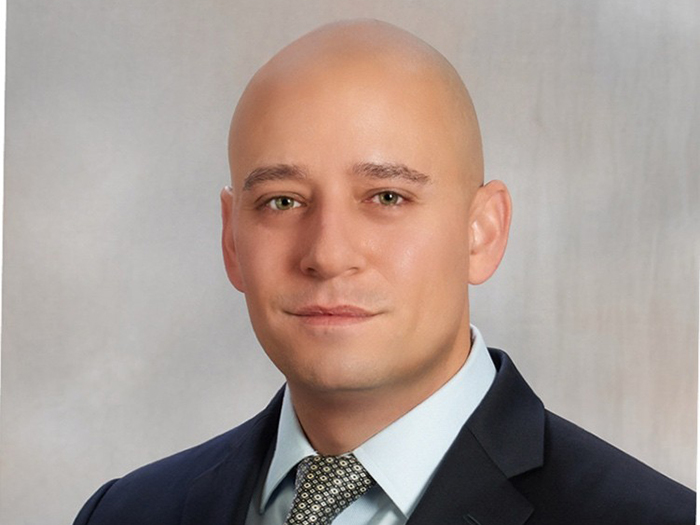The Law
Insurer Must Defend Company After Claims of Sex Assault, Negligence

What happens when a third party sues an employer for the negligent hiring of an employee who intentionally injured that third party? Is the lawsuit considered an “occurrence” under the employer’s general liability policy? Should the insurer be on the hook? One California court had to decide.
Ledesma & Meyer Construction Company, Inc., (L&M) had a contract with the San Bernardino Unified School District. L&M was tasked with a construction update at a San Bernardino middle school and hired Darold Hecht as the project’s assistant superintendent.
A young girl, age 13, filed a lawsuit against Hecht, alleging sexual abuse. Jane Doe also brought a claim against L&M for negligently hiring, retaining and supervising Hecht in the first place.
L&M turned to its commercial general liability insurer, Liberty Surplus Insurance Corporation and Liberty Insurance Underwriters Inc., for defense. The insurer, in return, agreed to defend L&M under a reservation of rights. However, it also sought declaratory relief, because it did not believe it had any obligation to defend or indemnify L&M in the underlying suit.
Insurance policies may provide coverage for negligent hiring claims, unless there is an express exclusion for such claims. Without these exclusions, insurers might be required to defend malevolent deeds.
In court, Liberty argued its commercial general liability policy only “applies to ‘bodily injury’ and ‘property damages’ only if … the ‘bodily injury’ is caused by an ‘occurrence,’ ” which the policy defined as “an accident, including continuous or repeated exposure to substantially the same general harmful conditions.”
L&M was tasked with defining Hecht’s actions as an accident.
The company argued its retention of Hecht was not the injury-causing act; Hecht’s decision to act inappropriately was in no way a foreseeable event, L&M said, and therefore an accident in the eyes of the company.
“California law … recognizes the cause of action even when the employee acted intentionally,” the court opinion read.
“The requirements for liability of this kind are not easily met, but they are well established. Absent an applicable exclusion, employers may legitimately expect coverage for such claims under comprehensive general liability insurance policies, just as they do for other claims of negligence.”
It ruled in favor of L&M; Liberty would have to pay for the underlying suit.
Scorecard: Liberty can’t deny coverage for the negligent hiring underlying suit. Instead, it must insure L&M for damages under its general liability policy.
Takeaway: Insurance policies may provide coverage for negligent hiring claims, unless there is an express exclusion for such claims. Without these exclusions, insurers might be required to defend malevolent deeds. &










